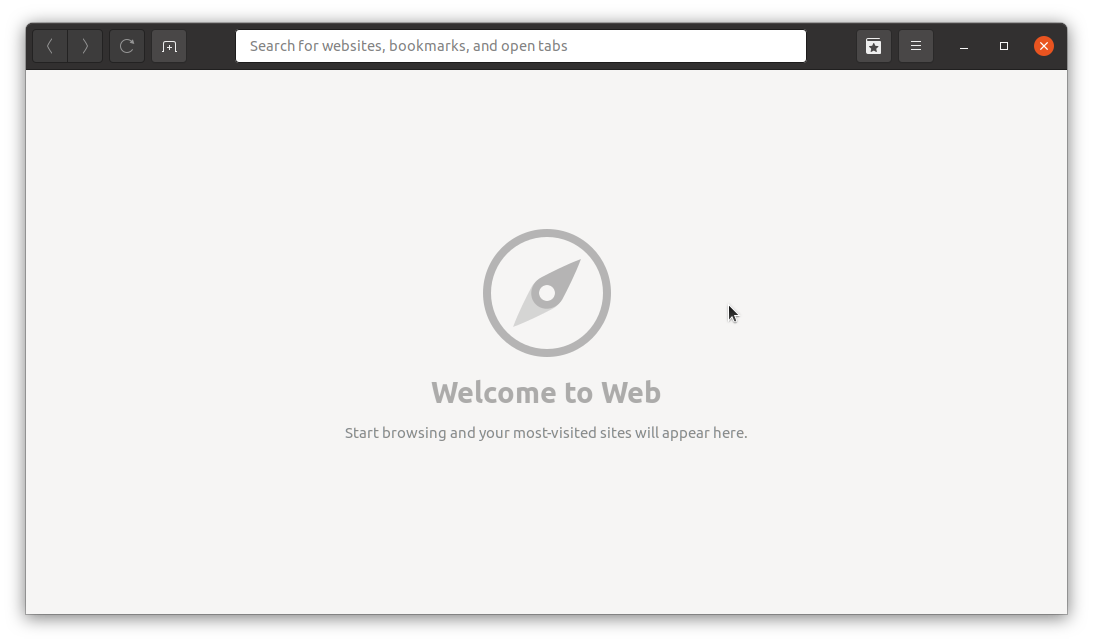Web Browsers
A web browser is the piece of software on your computer for accessing and viewing documents on the internet. When you enter a URL into your browser’s address bar, it sends a request to a server. The server processes the request, and sends your computer some code. The browser renders that code to display a web page that you can view and interact with.

Browser Choices
Most operating systems come with a browser pre-installed (Windows = Edge, Mac = Safari, Android = Chrome, Linux usually Firefox), but you have choices! You can always install the browser(s) of your choice. Each has different advantages, so don’t be afraid to give a few a try.
- Google Chrome - currently the worlds most popular browser by far, dominating the market share. The browser asks you to sign into your Google account, which facilitates many things (such as saving passwords, logging in, syncing your history and browsing). However, this also introduces some concerns with privacy, since Google controls the dominate search, ad network, and browser, making their money from user data (see Contra Chrome for these concerns in comic book form!).
- Chromium - Google Chrome is built on top of the open source browser project Chromium. Chromium itself is easy to install on Linux, but not on Windows or Mac. However, there are other browsers based on Chromium available:
- Microsoft Edge - designed as default browser for Windows. Tends to push Bing search and other MS services. Privacy concerns about data collection directly embedded in the OS.
- Opera - longtime alternative browser.
- Vivaldi - designed to be highly customizable and block tracking.
- Brave - privacy focused features.
- Sidekick - unique app sidebar navigation, privacy focus, subscription model.
- DuckDuckGo - independent search engine provides a privacy focused browser for mobile with unique app tracking blocking features built in.
- Mozilla Firefox - open source and independent browser. Similar features and performance to Chrome, but with more privacy options and unique extensions (such as Multi-Account Containers, Facebook Container, Firefox Translations).
- Apple Safari - default browser in Mac and iOS. Currently lags behind competitors in performance and security, and is slow to implement features of HTML standards (meaning websites don’t always display as designers intended!). Locked into Apple ecosystem, so provides few options for customization and add ons.
- Internet Explorer - Window’s old built in browser, it is depreciated, please don’t use it anymore!
- Lynx - text-only browser, like the old days, because it is the oldest browser still maintained!
All modern web browsers should have automatic updates enabled by default. Be sure that your browser is updating! Having an up-to-date browser is essential for security.
Browser Extensions / Add-ons
Chrome and Firefox have large ecosystems of browser extensions and themes. Extensions are pieces of software that add functionality to the browser. Themes change the look of the browser window.
Even though Chrome Web Store and Firefox Add-ons make it easy to find and install extensions, keep in mind that these catalogs are NOT fully vetted and curated. There are bad, malicious, and malware extensions out there.
Carefully check reviews, the number of installs, and developer information to ensure you are installing a good extension. Pay attention to the permissions you are granting to the extension and consider if those permissions are necessary for the functionality. Use curated lists, such as Mozilla Staff Picks and Recommendations to find quality options.
Stats
A number of organizations, such as Global StatsCounter, try to estimate market share of the different browsers on the web. This isn’t easy considering the complexity and scale of the web, so the numbers are pretty squishy (for example, caching use and tracking blockers common on Firefox and other privacy focused browsers causes undercounting).
Trends suggest use of browsers on mobile devices continues to grow, making up almost 60% of use, with desktop around 40% and tablets at 2%. Chrome has dominated market share recently, usually over 60% of users, with Safari growing (due to use on iPhones) to around 15%. Other browsers are far behind in number of users!
For very detailed nerdy visualization, see History of Web Browser Engines from 1990 until today.